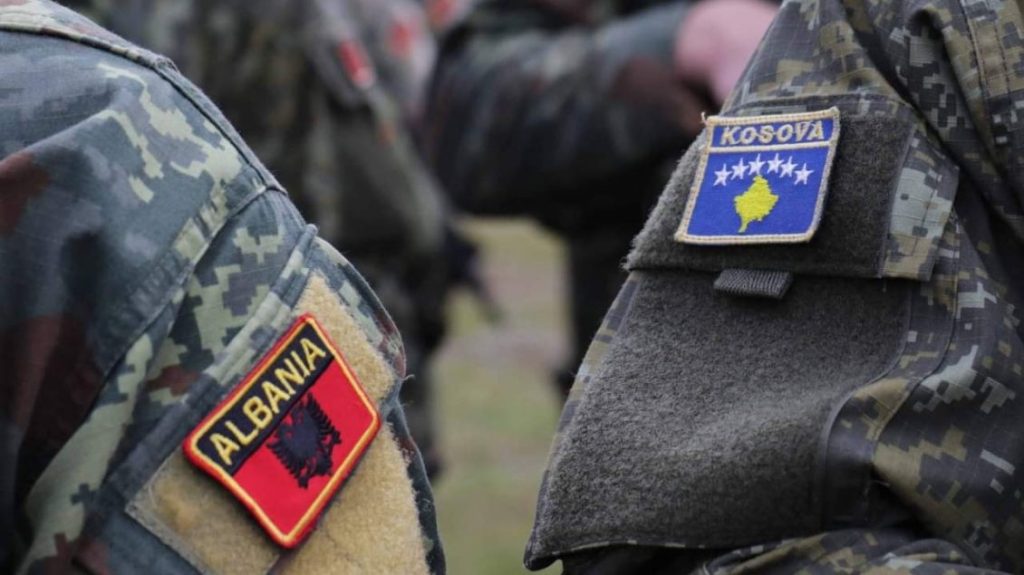In the wake of a recent terrorist attack in the northern region of Kosovo, Albania has announced its decision to deploy additional troops to the NATO peacekeeping mission in the area. The attack on September 24th in Banjskë has heightened tensions, prompting Albania to reinforce its commitment to the security and stability of the region.
Speaking on the security situation in Kosovo, Ambassador Petrit Malaj, Albania’s representative in Kosovo, emphasized the ongoing threat of potential future attacks from Serbia. He stated that the risk of another assault remains a persistent concern, necessitating a proactive approach to maintain peace and safeguard the well-being of the Albanian-American community in Kosovo.
Ambassador Malaj revealed plans for the upcoming year, confirming that Albania will contribute an additional 40 troops to the KFOR mission. Currently, Albania has over 100 soldiers actively participating in NATO’s mission in Kosovo, stationed in Peja and under the command of KFOR.
“We have a specific number of troops; in fact, we have more than 100 soldiers in Peja and at the KFOR command. I have had meetings with the KFOR commander, and Albania has always been of the opinion that KFOR should strengthen its presence and be wherever necessary in Kosovo to fulfill its mission for the security and peace of all citizens in Kosovo,” explained Ambassador Malaj.
He highlighted KFOR’s efforts to enhance its forces and presence, particularly in the northern city of Mitrovica, where the security risk is more pronounced. Albania, as a NATO member state and a robust Western ally, remains committed to fulfilling its duties in support of the mission’s objectives. The decision to send an additional 40 forces in the coming year underscores Albania’s dedication to maintaining a strong NATO presence in Kosovo and ensuring regional stability.
Albania’s proactive stance reflects its commitment to the principles of the NATO alliance, emphasizing collective security and cooperation among member states to address emerging threats and challenges in the region.








